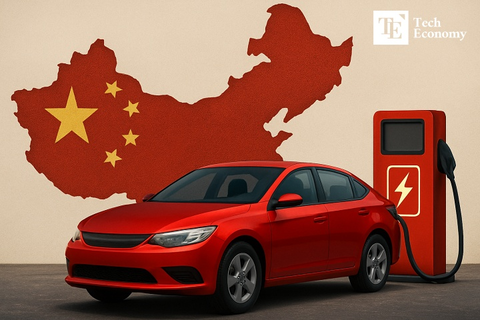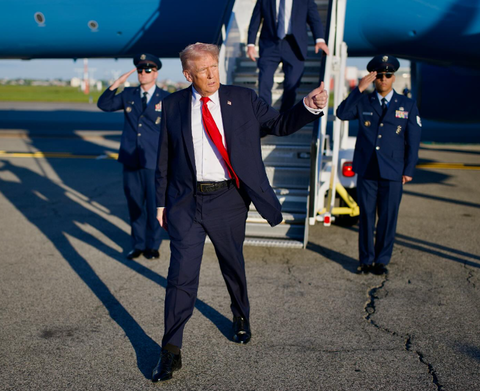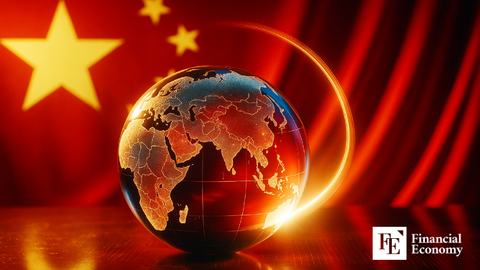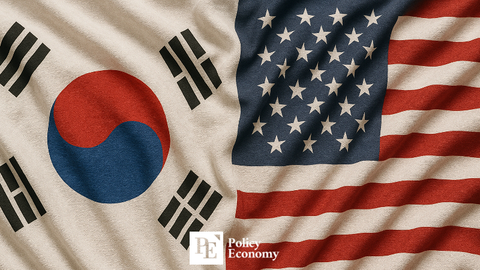Putin’s Energy Halt: A Temporary Pause or Strategic Move?
Input
Changed
Putin’s Selective Agreement: A Pause on Energy Facility Strikes Trump and Putin’s Growing Diplomatic Dance: Energy at the Forefront Europe’s Interests: Natural Gas and National Security Concerns
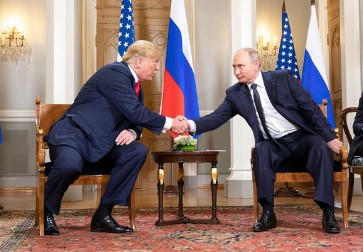
Putin’s Selective Agreement: A Pause on Energy Facility Strikes
In a move that marks a notable development in the ongoing conflict between Russia and Ukraine, Russian President Vladimir Putin has agreed to a 30-day pause on energy facility strikes, but has not conceded to a full ceasefire in Ukraine. This decision, made after a call between Putin and U.S. President Donald Trump, has raised eyebrows in Europe and beyond. While it may seem like a step towards easing tensions in the region, the true significance of this agreement lies in the intricacies of energy politics, the economic pressures facing Europe, and the broader geopolitical context of the war.
In the latest diplomatic development, Putin has agreed to halt attacks on Ukraine’s energy infrastructure for 30 days. However, this agreement is far from a comprehensive ceasefire. Putin's decision to limit the pause to energy-related targets, rather than agreeing to a broader halt in hostilities, signals that his main focus remains on achieving specific strategic goals tied to Russia’s energy leverage. The ceasefire, or rather the partial cessation of attacks, is likely aimed at securing a temporary advantage in ongoing negotiations while still maintaining the upper hand on the battlefield.
The 30-day window could provide a temporary respite for Ukrainian civilians who have suffered greatly from the destruction of energy infrastructure throughout the conflict. It could also create a diplomatic opportunity for further negotiations. However, the focus on energy-related targets is a clear indication that Putin is still intent on using Russia’s control over energy resources as a tool of leverage in the ongoing geopolitical struggle. While the pause in energy strikes may provide short-term relief, the fact that a full ceasefire is not on the table highlights the continuing complexity of the situation.
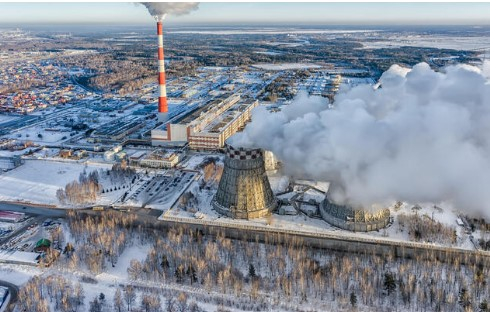
Trump and Putin’s Growing Diplomatic Dance: Energy at the Forefront
The agreement to pause attacks on energy facilities was reached as part of the broader diplomatic engagement between Presidents Trump and Putin. Trump’s involvement in the peace talks is pivotal, especially given his administration’s strong stance on energy policy and national security. While the U.S. has traditionally played a major role in shaping international relations with Russia, Trump’s recent approach to global diplomacy, particularly his focus on energy and defense issues, has shifted the dynamics of the negotiation process.
For Trump, maintaining a stable relationship with Russia, especially regarding energy matters, is crucial to ensuring U.S. energy security and its broader economic interests. With global energy markets still recovering from disruptions caused by the war, the U.S. has been keenly aware of the power Russia holds over energy supplies to Europe. Trump’s ability to broker a temporary halt in energy facility strikes suggests that he may be seeking a way to stabilize the situation without fully antagonizing Russia. The 30-day pause can be seen as an opportunity for Trump to buy time, explore further negotiations, and possibly offer incentives to both Russia and Ukraine to prevent the situation from escalating further.
However, the energy focus of this agreement brings European leaders into the conversation as well. Europe’s dependence on Russian natural gas, especially after the war started, has created significant economic and geopolitical challenges. Many European nations are hoping that the pause in energy strikes could lead to the resumption of gas supplies or at least ensure more stable energy trade with Russia. But the key question is whether Putin will agree to deliver gas at prices that are more favorable to European countries, or whether he will maintain his preference for supplying China with discounted energy, which has become a lucrative market for Russia.
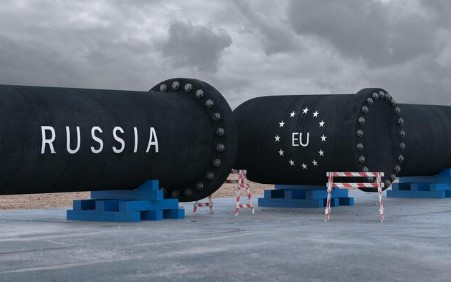
Europe’s Interests: Natural Gas and National Security Concerns
European leaders have been under increasing pressure to secure a reliable energy supply in the wake of Russia’s aggressive actions in Ukraine. As the war has dragged on, Russia’s use of energy resources as a political tool has created significant challenges for the EU. A key part of the European response to the conflict has been to look for ways to reduce reliance on Russian energy, but the transition has been slow and painful.
The natural gas issue remains one of the primary concerns for Europe, as many countries are still heavily reliant on Russian gas imports. The halt in energy strikes provides a temporary opportunity for Europe to seek stability in its energy market. However, the larger issue remains how to manage long-term energy security without depending on Russia. The Russian government’s decision to sell gas at discounted prices to China has further complicated the situation. If Russia continues to favor China over European customers, it could create a lasting energy divide between the East and West, further weakening Europe’s negotiating power.
The EU’s desire to secure a favorable deal on natural gas will inevitably collide with Putin’s priorities. Putin has no incentive to offer European countries significant discounts on energy if he can secure more lucrative deals with China. Moreover, any agreement to return energy at bargain prices to Europe will likely face resistance from Putin, who remains resolute in using energy exports as a strategic weapon. As such, while European leaders are likely to push for more favorable energy deals, they must also contend with the reality that Putin’s terms may remain rigid.
Beyond energy concerns, the broader issue for Europe is the economic and national security cost of the ongoing conflict. The EU’s defense spending has been on the rise as countries have sought to bolster their security in response to Russia’s actions in Ukraine. In recent months, European leaders have agreed to a substantial increase in defense spending, acknowledging the growing threat posed by Russia.
This has placed additional strain on European economies, which were already dealing with the aftereffects of the COVID-19 pandemic and rising inflation. The higher defense spending, while necessary for national security, has added pressure to already struggling budgets. Europe is now faced with the dual challenge of securing energy supplies while simultaneously ensuring its military readiness in the face of Russian aggression.
In this context, Trump’s reluctance to bear the national security costs associated with the Ukraine conflict becomes more understandable. The U.S. has been critical of Europe’s reliance on American support for defense and has pushed for greater European military self-sufficiency. The rising cost of defense in the EU, coupled with the ongoing energy crisis, could become a political headache for both European leaders and Trump, as the economic pressures mount. If the natural gas issue is not resolved in a way that alleviates budgetary strain, it could exacerbate the internal challenges faced by the EU, potentially creating further tensions between European countries and the U.S.
As the situation develops, Europe is likely to demand a greater say in the peace talks between Putin and Trump. While the U.S. is positioning itself as a mediator between Russia and Ukraine, Europe’s strategic interests—particularly in energy and defense—cannot be overlooked. The demands for cheaper natural gas and more favorable terms will continue to shape the diplomatic negotiations, but the bigger question is whether Russia will relent in its energy policies toward Europe.
Ultimately, the 30-day halt on energy facility strikes serves as a temporary diplomatic gesture, but it may be insufficient to resolve the broader geopolitical and economic issues at play. As Europe pushes for a more significant role in the peace process, the stakes will only continue to rise. Whether Putin is willing to offer concessions on energy supplies to Europe, and whether the U.S. can balance its own interests with those of its European allies, will determine the next phase of this complex and volatile situation.
Putin’s agreement to pause energy facility strikes in Ukraine for 30 days may provide a temporary respite, but the underlying issues—especially energy and national security—remain unresolved. As Trump’s involvement deepens, the tensions between Russia, Europe, and the U.S. will continue to shape the future of this conflict. Europe’s focus on securing natural gas supplies and addressing national security concerns will likely be at the forefront of future negotiations, and it remains to be seen whether Putin will accept compromises that benefit both Russia and Europe. The coming weeks will be critical in determining whether this latest development will lead to a lasting peace or further escalation.


